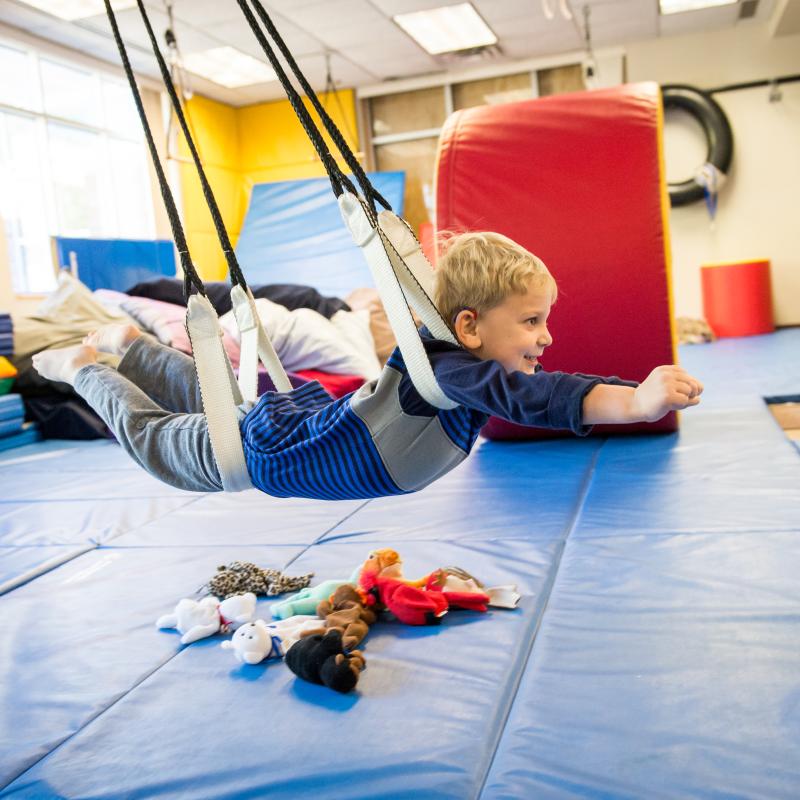As clinicians dedicated to helping every child and every family live a life full of love, joy, and connection, we see each individual as unique. No matter the diagnosis—or lack thereof—our goal is to uplift and honor, not condemn or judge. St. David’s was founded in the deep knowledge of how families may struggle when they have a child or loved one with autism or other life-altering, or life-long diagnoses. But we believe that this struggle is largely the result of stigma, a lack of resources, community support, or appropriate, attuned services—not because of the actions of parents, or the realities of a given diagnosis.
In recent years, many autistic self-advocates, as well as researchers and clinicians from around the world, have gone one step further. These voices identify autism not as a pathology or disease, but as a different experience and expression of humanity. While families with children who are nonverbal or have other especially challenging characteristics may indeed experience profound difficulty, they—just like all families—also experience incredible richness and joy, and deserve our deep respect, compassion, and non-judgmental understanding. And as they continue to remind us, for many on the autism spectrum, the diagnosis and life experience brings profound gifts as well as differences, just as with any other human experience.
“We see all children as the awesome young people they are, and love working to see the world through their eyes. There is always something humbling, beautiful, and new to learn from a child’s perspective, if you take the time to look. No one’s brain is the same, regardless of the reason. Rather than using this fact to hurt and cut each other down, there is so much more we can do to support, celebrate, educate, and love each other by embracing it.”
~ Vanessa Slivken, MA, LMFT
At St. David’s, we honor the uniqueness of each individual child and family through the developmental, play-based, child-centered, and family-engaged Greenspan Floortime® method. This approach is rooted in respect for the child and their family—uplifting each child’s gifts, forging real connection, and affirming that differences, neurological or otherwise, are not deficits, but part of the rich diversity of human life.
As the neurodiversity movement continues to remind us, autism is not a pathology to be cured, but a valid and meaningful way of being in the world—one that challenges us to expand our understanding of communication, empathy, and human potential.
